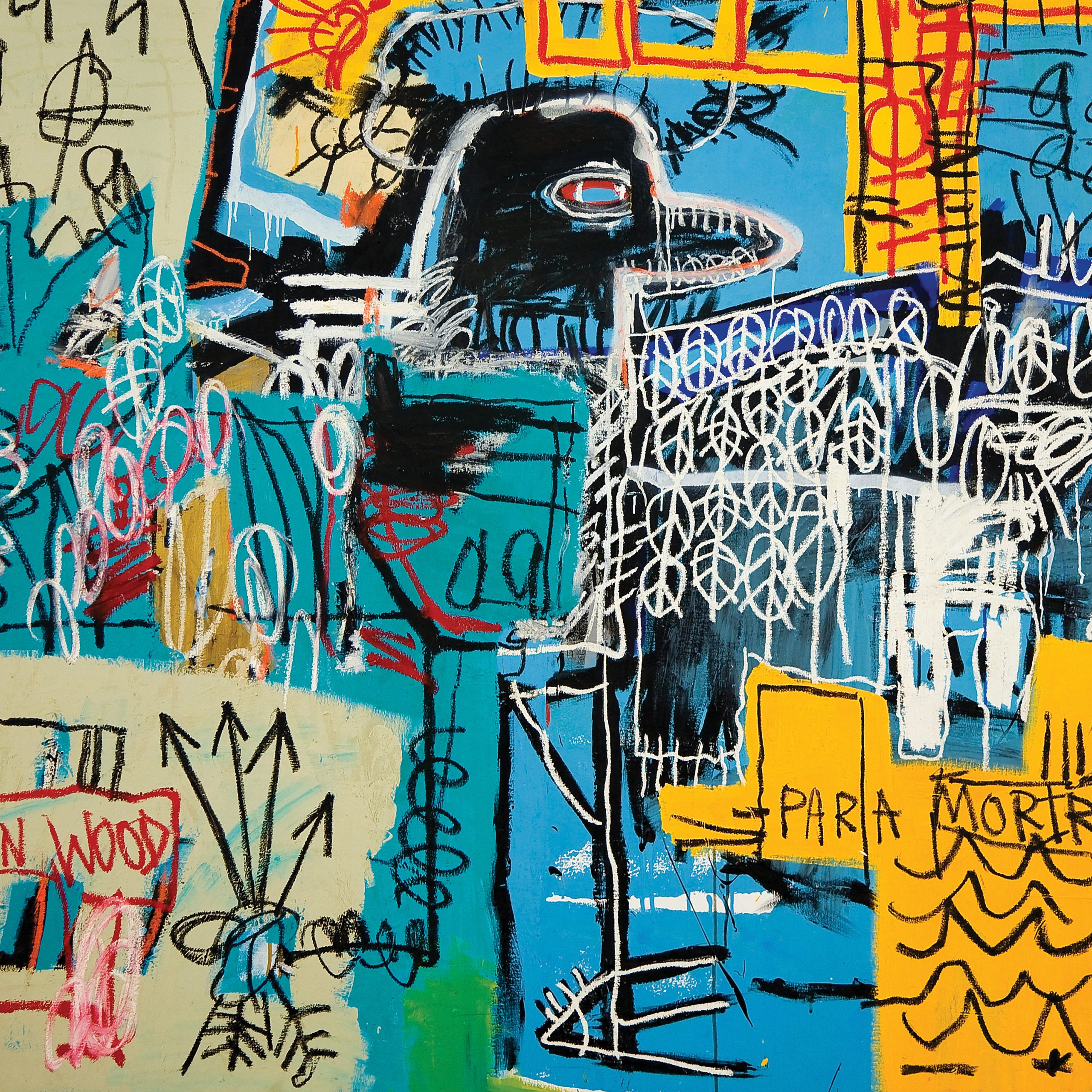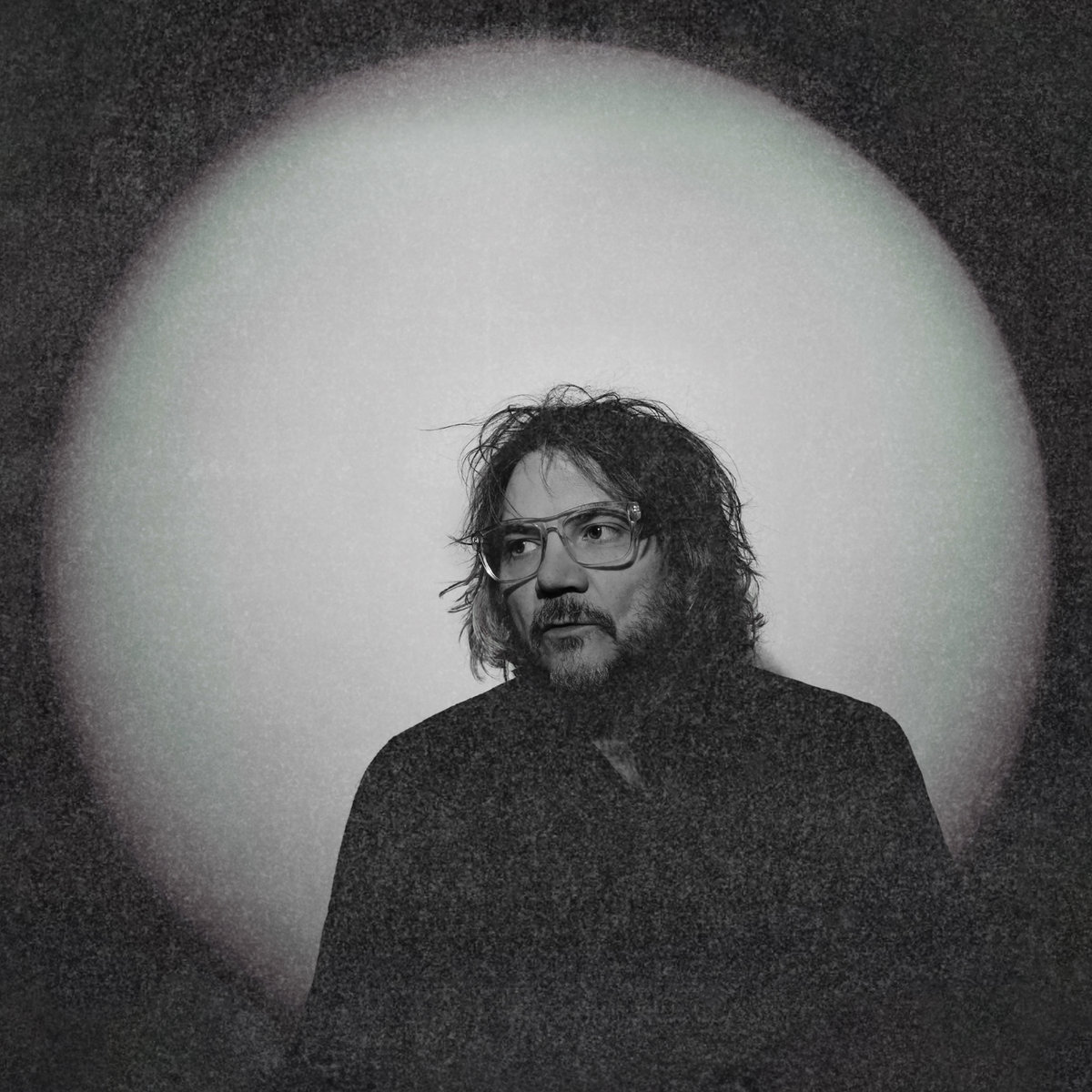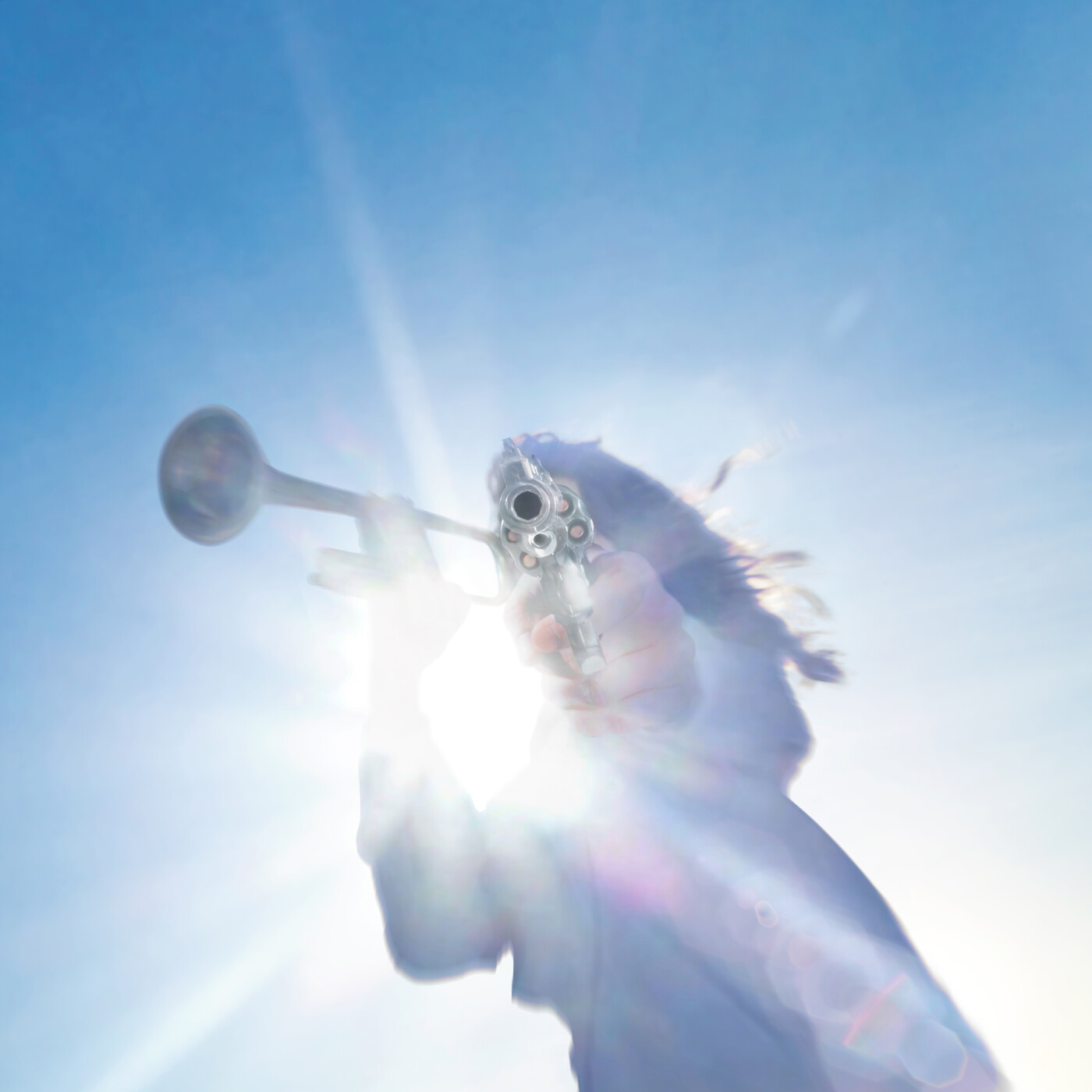The New Abnormal. LOL. If they only knew. When the Strokes named their new album, they were maybe referring to the dystopian state of modern life in general, or perhaps the détente this famously contentious band has to reach every time they record anymore. Surely they did not anticipate releasing their first album in seven years into the middle of a global pandemic. But for rock stars who've spent much of the past decade and a half practicing social distancing from each other, the timing feels right.
Any release date at all is probably acceptable for fans who've been starving for new Strokes material. Not that Julian Casablancas has been depriving them of output in recent years -- it's just that lately the singer has been funneling his inspiration into the Voidz, a project that affords him more leeway to conduct the wild sonic experiments he longs for, twisted flights of fancy supposedly forbidden by his Strokes bandmates' dedication to an accessible signature sound. Many of the lyrics on 2018's rewarding and genuinely batshit Virtue seemed to address how depressed Casablancas was about the state of the Strokes -- lines like, "I don’t wanna be a puppet that the ghost of my young self still controls."
Maybe that's why the Strokes have only released one measly three-song EP in the interim since 2013's Comedown Machine. That EP, titled Future Present Past, fell victim to the same longstanding tug of war that has haunted every Strokes release since 2006's First Impressions Of Earth, an ideological conflict over what the Strokes should be. If I'm understanding the pullquotes correctly, Casablancas wants to make weirdo art music, and his bandmates intend to keep recording the easily digestible pop-rock nuggets they built their name on while exerting an authorial control they never had in the group's glory days. Meanwhile many fans (myself included) are still chasing the thrill of those flawless first two albums with a stubborn nostalgia that makes it difficult to take any lesser offering seriously.
Back then, on their hype-fulfilling 2001 debut Is This It and its worthy 2003 follow-up Room On Fire, the Strokes built their legend on meticulously crafted pop songs dressed up in retro garage-rock and post-punk signifiers, delivered with an aloof confidence that made them seem like honest-to-God rock stars. Both albums perfectly execute the platonic ideal of the Strokes, which is why it's hard to cozy up to a version of the band that has lost track of its identity. The group has occasionally glimpsed that old work hard and say it's easy mojo again during their brand-management era: "All The Time" and "Taken For A Fool" could be Room On Fire B-sides, and the glorious "Under Cover Of Darkness" so convincingly recaptures the classic Strokes sound that I'm suspicious Casablancas wasn't sitting on it for a decade. But they've also evolved in fascinating ways, piling up more great tunes than I had remembered. They've built a solid catalog in spite of themselves.
Strokes songs are little machines. You can see all the gears turning, the pieces interlocking, but not in a way that diminishes their wonder. If anything, tracks like "Hard To Explain" and "Reptilia" become more thrilling as you comprehend the mechanisms that make them tick and the corresponding precision Casablancas applies to his lyrics. In the beginning, as has become rock 'n' roll scripture, they were taking stylistic cues from Lower Manhattan touchstones like the Velvet Underground and Television, applying a biopic-worthy spitshine to '60 and '70s New York filth. Over the years they've pushed their aesthetic a bit further into the future, increasingly cribbing from '80s synth-pop and new wave, giving that old organic substance an electronic exoskeleton. Listening along has been like watching the evolution of automobile design across several decades.
The neon guitar lead on Room On Fire single "12:51" teased this transition, but it began in earnest on First Impressions, an overlong, occasionally stunning album awkward enough to puncture their mystique, born from a creative process so fraught it inspired a five-year hiatus. When they finally got back together to make Angles, the narrative was all about how Casablancas was finally letting his bandmates have a say in the songwriting, and how difficult the whole endeavor remained -- work hard and let everyone know just how hard it was. The work paid off, though. In hindsight, Angles was the sound of a band in transition figuring out how to function in its new democratic paradigm, inching painfully toward epiphany. By the time they returned with Comedown Machine two years later, they'd nailed it.
The Strokes basically shrugged off Comedown Machine as a contract-fulfilling obligation: jokey expectation-deflating title, huge RCA logo on the cover, no tour, barely any press. This ambivalence is unfortunate because Comedown Machine slaps. The nu-Strokes sound they'd been building toward ever since First Impressions had finally clicked into place. The outright pop songs popped extremely hard: the new wave disco delight "Tap Out," the finger-snapping rocker "Partners In Crime," the magnificently chintzy a-Ha-worshipping falsetto freakout "One Way Trigger." Experiments like the floaty "'80s Comedown Machine" and the dissolving digital ballad "Chances" sacrificed none of that dynamism and melodic richness. It was easily the best thing they'd released since Room On Fire, the beginning of a bright new future for the band. So of course they waited seven years to follow it up, with an album that leans against what made the last one so great.
[videoembed size="full_width" alignment="center"]https://youtube.com/watch?v=9CAz_vvsK9M[/videoembed]
I have no idea how long the Strokes worked on The New Abnormal. As early as summer 2017, Albert Hammond Sr. accidentally revealed his son's band was making an album with Rick Rubin, but Albert Jr. dismissed the report as premature: "We met and played a few music ideas for Rick to feel out a vibe but even a theoretical album plan would be years away, if at all." Well, it exists, it's finally out this Friday, and it might even mark the beginning of a proper ongoing reunion. "The 2010s, whatever the fuck they’re called, we took 'em off," Casablancas told the Barclays Center crowd on New Year's Eve. "And now we’ve been unfrozen and we're back."
They sound like they're still thawing out. Casablancas is too talented to release an album without some flickers of brilliance. The Strokes are too conscious of market demands to return from hiatus without a banger or two. Yet The New Abnormal doesn't jump out of the speakers the way Comedown Machine did, and that may be partially by design. In one sense, this is a new kind of Strokes album, one defined by long, wandering songs that eschew traditional verse-chorus-verse structure. In another sense, it is a quintessential latter-day Strokes album in that no matter how much I listen to it, I can't figure out if I like it. Just when I was ready to trash it, it grew on me. Just when I was ready to praise it, I began wondering why the band I fell in love with senior year now felt so much like homework.
A Strokes album produced by Rick Rubin is an intriguing prospect in theory: paragons of Downtown New York cool from different generations coming together as seasoned veterans on the West Coast, seeking not to bring back that old magic but conjure up something new. Given that the band chose cover art by Jean-Michel Basquiat, a Lower East Side darling who predates both Rubin and the Strokes, the synergy is likely not lost on them. But Rubin's discography the past decade-plus has been as scattershot as that of the Strokes. The man has continued to produce a lot of albums, and how many of them have been vital? The famous last-minute makeover he gave Kanye West's Yeezus was seven years ago. The Dixie Chicks' Grammy-dominating Taking The Long Road was 14 years ago. You have to go back to the Strokes' salad days to find a stretch when Rubin was consistently overseeing powerhouse LPs, when he applied his visceral barebones touch to masterpieces by System Of A Down, Johnny Cash, and the Mars Volta in successive years.
[videoembed size="full_width" alignment="center"]https://youtube.com/watch?v=5fbZTnZDvPA[/videoembed]
The sad truth is that when Rubin links up with fading rock legends in search of a reboot, the results never justify the hype anymore. Metallica's Death Magnetic. Weezer's "Red Album." Black Sabbath's 13. The Smashing Pumpkins' Shiny and Oh So Bright Vol. 1 / LP: No Past. No Future. No Sun. Have any of these albums marked the beginning of a late-career renaissance? Does anyone return to them fondly when they could be blasting the classics? The New Abnormal is better than all of those albums, yet it's hard to imagine this going down as the one that lifts the Strokes out of their funk. It's more like another weird chapter in a story that feels more and more like an endless epilogue -- albeit one that will surely appeal to Strokes fans who've remained enthusiastic about their post-zeitgeist era.
You've already heard the album's big pop single. The Strokes have never been shy about cribbing from existing hits; years after the fact, they copped to copping Tom Petty's "American Girl" for "Last Nite." The new "Bad Decisions" takes the approach to extremes, borrowing a vocal melody from Billy Idol's "Dancing With Myself" and a core guitar part from Modern English's "I Melt With You." (Idol gets a writing credit, Modern English don't.) If you can abide the pillaging, they put the spoils to excellent use, creating an endorphin-rush radio hit in their own image. The lyrics recall the head-spun attraction of "Barely Legal" and "Meet Me In The Bathroom," with a vintage Casablancas chorus melody even sung through the old lo-fi microphone filter: "Making bad decisions with you-ou!" It packs that old punch without feeling like Is This It cosplay.
Slightly less effective is opening track "The Adults Are Talking," a frenetic yet understated five-minute journey that crams in just about every kind of Strokes guitar riff and Casablancas vocal tic. "We are trying hard to get your attention," he sings, and it works wonders at first. But as with so much of The New Abnormal, it's easy to lose focus as the song drags on, forgoing that clockwork precision as if trading those old skinny jeans for sweatpants. In contrast, "Selfless" expands in linear fashion from easygoing guitar arpeggios to a towering climax then gets out while the getting's good. It's a highlight, even if lyrics about wasted breath and bitten tongues could be construed as Casablancas gritting his way through the proceedings -- a thesis the bloodless synth-pop exercise "Brooklyn Bridge To Chorus" backs up. The layers of irony are thick on that one: "The '80s song, how did it go?" Casablancas asks over a chord progression resembling Bruce Springsteen's "Glory Days."
[videoembed size="full_width" alignment="center"]https://youtube.com/watch?v=2jna3dWEnzo[/videoembed]
"Eternal Summer," which lifts from the Psychedelic Furs boldly enough to merit writing credits for Richard and Timothy Butler, toggles between John Hughes new wave and reggae-inflected segments that sound something like '80s Clash. It's a fascinating sound for this band, but at six minutes it really does feel eternal. Ditto the keyboard-powered ballad "At The Door" and the midtempo vamp "Why Are Sundays So Depressing," songs that go on and on without ever finding a chorus. "Not The Same Anymore" could also stand to chop a minute or two off the end, but it fares better thanks to some genuine intensity at the climax and one of the most memorable expressions of Casablancas' disenchantment: "You're not the same anymore/ Don't wanna play this game anymore/ You make a better window than a door."
As a pretty good album falls short of greatness in frustratingly preventable ways, Rubin's limitations as a producer come through loud and clear. Like Steve Albini turned bearded guru, he built his reputation on a raw, unvarnished sound that emphasizes clarity and impact, on Raising Hell and Reign In Blood and Blood Sugar Sex Magik, on "Mary Jane's Last Dance" and "Hurt" and "99 Problems." It's hard to achieve that scraping oomph when the songs aren't optimized for it. Maybe someone else might have helped the band to edit these tracks into punchy pop songs, or found ways to keep evolving them in weirder and wackier directions. As it stands the album feels stuck between the Strokes and the Voidz, a collection of grooves to be ridden out. You lazy for this one, Rick!
"Ode To The Mets," the album's final song, proves long doesn't have to mean boring within the Strokes universe. Another six-minute excursion, it builds and builds, validating its runtime by ratcheting up the tension with each passing verse. Casablancas sounds in the zone, giving us just enough perspective on a conflict to send the imagination reeling, dropping absolute gems like: "I was just bored/ Playing the guitar/ Learned all of your tricks/ It wasn't too hard." About two minutes in, Fab Moretti drops the beat. Nikolai Fraiture's bass begins to roll. Hammond and Nick Valensi keep piling on guitar and keyboard sounds. They sound like rock 'n' roll superheroes again.
At the end of the song, the Strokes lock into a rhythm not so different from "Is This It," and a howling Casablancas gives The New Abnormal a rousing finale: "Gone now are the old times/ Forgotten, time to hold the railing/ The Rubix cube isn't solving for us/ Old friends, now forgotten/ The old ways at the bottom/ The ocean now has swallowed/ The only thing that's left is us/ So pardon, the silence that you're hearing/ Is turning into a deafening shameful roar." As the imagery piles up, the effect is electric, as if he's willing the Strokes out of the abyss and into a new phase of life. But that last phase is inscrutable -- a deafening shameful roar? Is that just some poetic myth-making at work, or is Casablancas as conflicted about this whole endeavor as I am?
The New Abnormal is out 4/10 on Cult Records/RCA. Pre-order it here.






